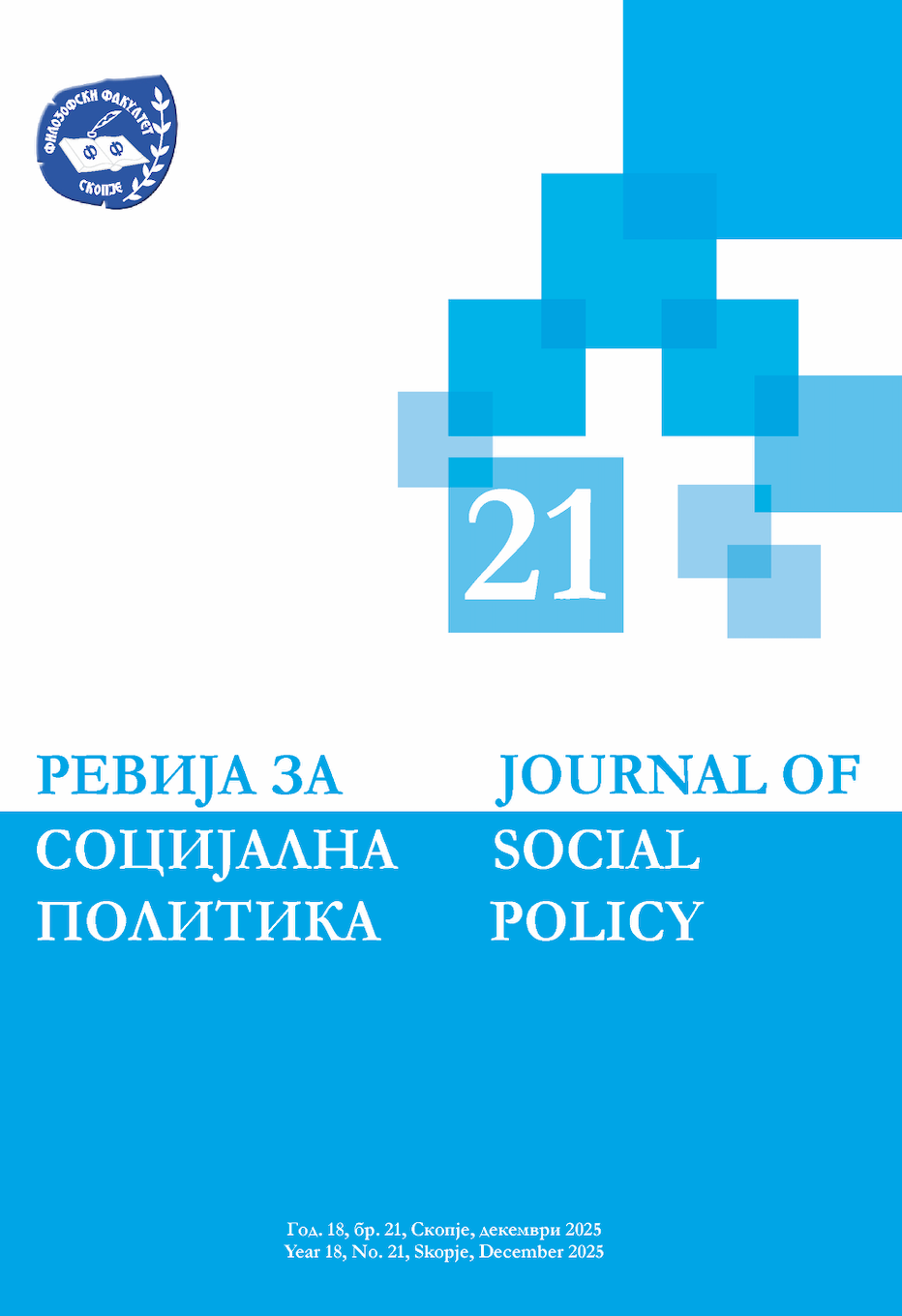Constructions of belonging from a refugee perspective in the context of neighbourhood in East Germany
DOI:
https://doi.org/10.37509/socpol251821129kKeywords:
Belonging, Refugee, Neighbourhood, East GermanyAbstract
Diversity, belonging, neighbourhood, and RefugeeMigration are directly connected. Who belongs or is allowed to belong, or whose belonging is granted, enabled (in solidarity), or denied (violently), manifests itself in the context of RefugeeMigration. The term diversity describes, on the one hand, variety and heterogeneity, and, on the other hand, differentiation. The analysis of diversity can reveal discrimination, inequalities, exclusion, hegemonic tendencies, dominance, equal opportunities, and participation in a society. Belonging is a central element in the topic of migration. To date, no empirical study has examined the generation of belonging from the perspective of refugees in the context of neighbourhoods in East Germany. This article addresses this research gap. The data were collected using walking interviews and analyzed using grounded theory. The focus of the article is the research question of refugees' experiences in the neighbourhood. This article aims to present both the conditions under which refugees develop their own understandings of belonging and the concepts of belonging held by refugees.
Downloads
Downloads
Published
Issue
Section
License
Copyright (c) 2025 Anna Kasten

This work is licensed under a Creative Commons Attribution-NonCommercial 4.0 International License.
The journal allows the author(s) to hold the copyright without restrictions.
The journal allows the author(s) to retain publishing rights without restrictions.










